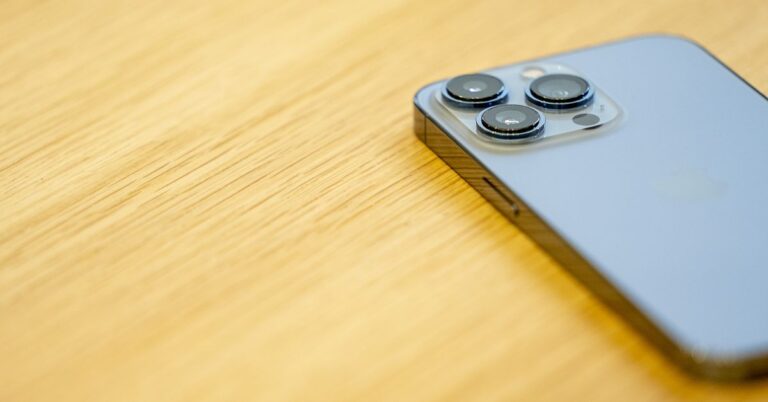According to a recent report by Canalys, South Korea’s smart speaker growth rate is second only to China with Canalys predicting 132% growth during 2019. It’s now well publicised that China’s own smart speaker manufacturers are driving China’s 166% market growth. So, what’s the catalyst for South Korea’s growth? It could well be home-grown innovation.
SK Telecom, South Korea’s largest wireless operator, introduced NUGU in 2016 — the first AI-virtual assistant for the Korean language (so, two years after the U.S. Amazon Alexa launch).
The operator launched its first NUGU Wi-Fi smart speaker in September 2016 and sold a reported 150,000 units during its first year. Since then, SK Telecom has launched a number of new devices including a portable outdoor version of the device in 2017 (the NOGU Mini), a retail store solution, the in-car virtual assistant (T Map X NUGU) and, this year, the new NUGU Nemo AI speaker, which includes a 7-inch colour display.
One year after the first NUGU was sold, the country’s largest telco, KT, launched GiGA Genie. Positioned as the world’s first AI TV set-top box service, GIGA Genie allows users to use voice commands to choose programmes music, voice calls, home cameras and traffic information.
Korean Internet groups KaKao Corp and Naver also launched their first smart speakers in 2017. Naver unveiled its WAVE smart speaker during 2017 based on its Clova AI platform. Shortly after LG announced that — although it had its own SmartThinQ Hub — it was also going to manufacture Clova smart speakers. This year, Naver will make the “Clova Auto” app available, which is linked to Toyota’s Smart Device Link (SDL). Naver unveiled its Clova AI platform to a global audience for the first time in January’s CES in Las Vegas.
Two years after NUGU’s launch, Google Home was introduced to South Korea, in sync with the roll-out of Google’s virtual assistant services in the Korean language. However, whilst Google Home, Apple’s Siri and Samsung’s Bixby now all support the Korean language, Amazon’s Alexa still lags, with no support for Korean.
South Korea’s installed base of smart speakers reached 1 million in 2017, 3 million in 2018 and is expected to top 8 million units by the end of 2019. A the end of last year roughly one in seven homes had a smart speaker and so, household penetration is set to more than double this year.
Due to their early investment in the AI voice assistant market, most of the application development for virtual assistants is being driven by the Korean digital and telecom sectors. SK Telecom’s latest NUGU voice service is a cooking assistant that can advise on step-by-step preparation of some 2,200 recipes. The service was developed in partnership with a South Korean cooking magazine.
South Korean firms have really grabbed the growing AI voice assistant opportunity with both hands. They’ve developed sophisticated AI platforms, continue to add OEM agreements with electronics and vehicle manufacturers, plus partnerships with global technology companies. Korea also seems to have assembled all the ingredients for fast growing market for AI voice services and content at home. Due to continued innovation across different Korean AI assistant platforms, the country’s competitive environment is also richer and more diverse than the two-horse race in the US.
China’s smart speaker manufacturers are currently enjoying stellar growth and now seem to have already taken the lion’s share of the global market. However, it would be short-sighted to rule out the South Koreans. After all, Samsung has led global mobile phone sales undisputed for the past 8 years, so why not a global Korean smart speaker brand?
A short version of this article was originally published by Carrington Malin in Asia AI News daily email newsletter on 4 July 2019.






